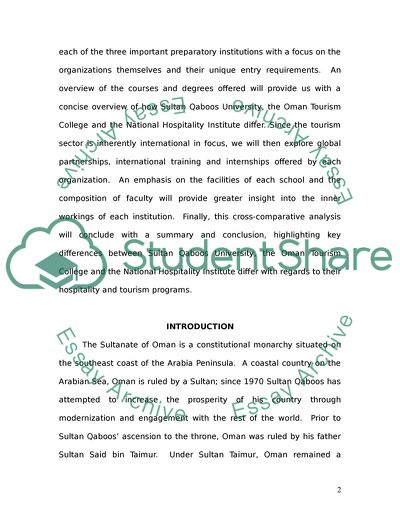Cite this document
(Educational Tourism and Hospitality in Oman Report, n.d.)
Educational Tourism and Hospitality in Oman Report. https://studentshare.org/tourism/1716057-content-analysis
Educational Tourism and Hospitality in Oman Report. https://studentshare.org/tourism/1716057-content-analysis
(Educational Tourism and Hospitality in Oman Report)
Educational Tourism and Hospitality in Oman Report. https://studentshare.org/tourism/1716057-content-analysis.
Educational Tourism and Hospitality in Oman Report. https://studentshare.org/tourism/1716057-content-analysis.
“Educational Tourism and Hospitality in Oman Report”. https://studentshare.org/tourism/1716057-content-analysis.


